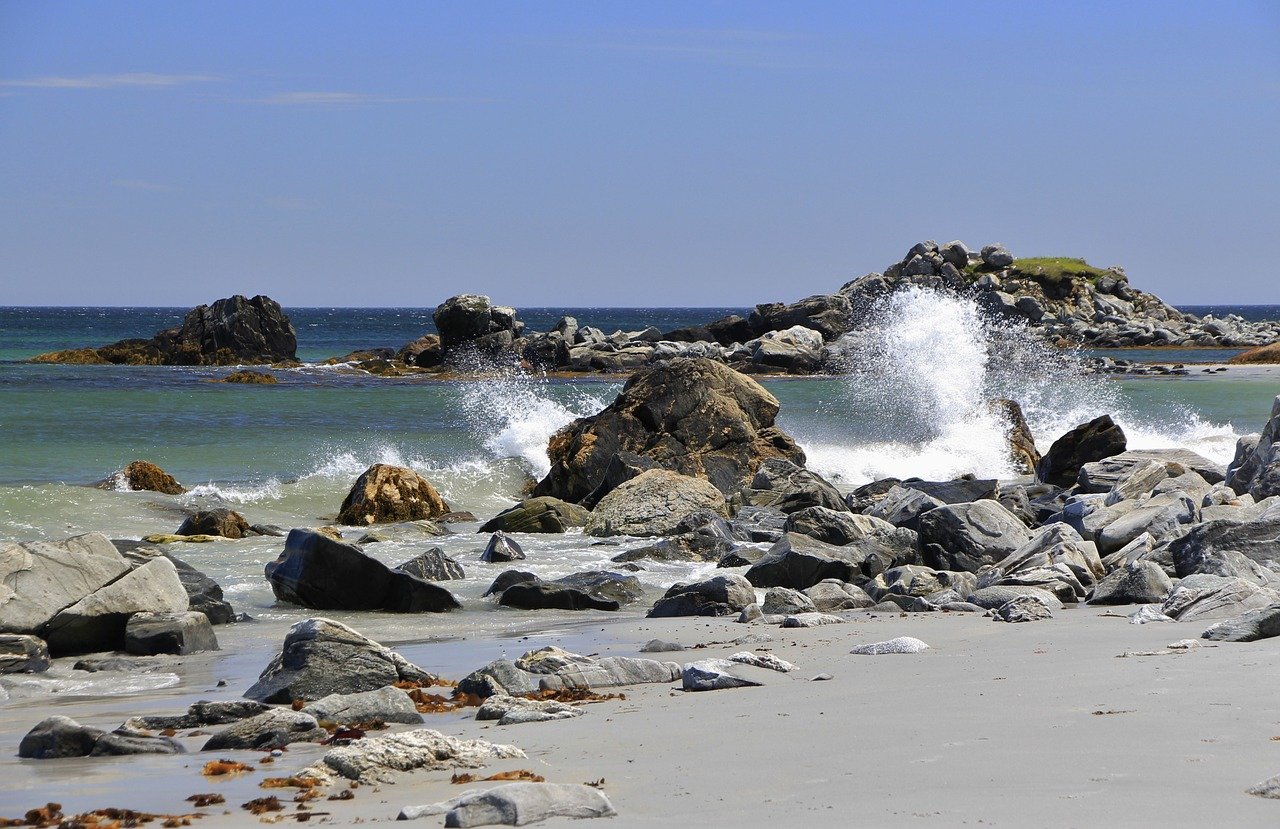An important part of the fight to create a sustainable energy mix
Tidal energy is a form of energy that for years has offered the chance to develop clean and round-the-clock energy.
For those who do not know, tidal (separate to wave energy) provides energy in synchronicity with the movement of the tides, which are more predictable than wind speeds, given that the movement of the tides is caused by the rotation of the earth together with the position of the moon and the sun.
Why tidal energy is of particular interest as part of the energy mix is due to its reliability, which arguably offsets disadvantages in relation to upfront costs and the relatively large installation needs of a decent-sized tidal energy project.
Worldwide, not every country is suitable for a large-scale tidal energy project, however the UK has considerable prospective tidal resources.
Globally, the largest tidal power project by installation is the Sihwa Lake Tidal power station in South Korea. In operation since 2011, it has a capacity of 254 megawatts.
Closer to home, the Rance Tidal power station in Brittany in Western France was the world’s first tidal power station, opening back in 1966 and with a capacity of 240 megawatt hours, it stands as an example of the potential of what remains a nascent technology on an operational basis.
Of current concern is the Blue Eden project, which follows in the wake (no pun intended) of the Swansea Tidal Lagoon, which was scrapped after the UK government maintained it was not good value for money.
The new proposal is being undertaken by a consortium that includes the Welsh battery maker DST Innovations.
Projected to take approximately 12 years, it would comprise a mixture of waterfront housing, a climate and ocean research centre and a manufacturing plant.
While there is no existing UK-based tidal power project of a similar size, a cluster of companies based in the Orkney Islands are aiming to collaborate to help build world-changing technology that could propel the UK to the forefront of the development and innovation of space technology.
Businesses at the site include the likes of Orbital Marine Power, who are based in Orkney as a result of the extremely strong tides that strike the islands.
The European Marine Energy Centre is a European hub for the development of wave and tidal technology and includes a number of other players in the wave and tidal business such as Atlantis Resources and Seatricity.
As the UK looks to balance its energy mix with a form of energy that is sustainable, clean and able to operate 365 days a year tidal energy looks increasingly likely to play some part of the future growth of renewable energy, as it offers suitable advantages to local economies in terms of job creation and energy generation as well as the obvious employment opportunities available to those directly employed in such projects.

Be the first to comment on "How tidal energy can improve the UK’s energy mix"